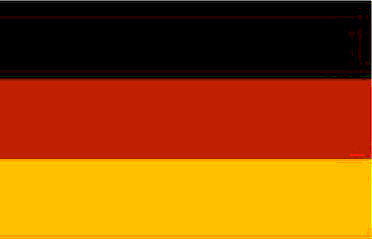| Line 9: | Line 9: | ||
| − | + | Born in 1958, Montevideo, Uruguay. Lives and works in Portugal. A formally trained musician (studied composition under Roque de Pedro, and violin under Sergio Prieto, Alberto Lysy and Norbert Brainin), musical theatre led him to theatre tout court, and then to other literary forms. He has written theatre plays (Actueur, Teatro Impossível, O Teatro é Puro Cinema, Manuel Sur Scène, Exercices de Frustration, radiOthello), screenplays for film and television (Gambito, Deux histoires à des fins purement…, Voyage au but de la nach Pina Bausch), acoustic pieces (Lógicus e Filosóficus, Canções Bioil(l)ógicas sem Aditivos) and various prose and poetry works (História de Pájaros Matemáticos, Déchet, Peaux et Scies, Erections). Writing eventually led him to stage direction (Conferência de Imprensa), cinema (Um Dia na Vida, Palais de Santos, Batalhas, K-Lear) and radio drama (Manuel, Pièce à Conviction). For Alvaro García de Zúñiga, languages are the raw materials of his work. A musical, visual language, a language that is invented, destroyed and reconstructed, generating multiple sounds/meanings. A language devoid of any specific nationality, which enjoys combining itself with other languages and reversing linguistic conventions. An elastic language in which norms are not mandatory and differences are welcome. A language that is foreign, logical and sonorous. | |
| − | + | </div> | |
| − | + | ||
| − | + | ||
| − | + | ||
| − | + | ||
| − | + | ||
| − | + | ||
| − | + | ||
| − | + | ||
| − | + | ||
| − | + | ||
| − | + | ||
| − | + | ||
Revision as of 19:01, 6 January 2008
Alvaro García de Zúñiga, writer, director
Born in 1958, Montevideo, Uruguay. Lives and works in Portugal. A formally trained musician (studied composition under Roque de Pedro, and violin under Sergio Prieto, Alberto Lysy and Norbert Brainin), musical theatre led him to theatre tout court, and then to other literary forms. He has written theatre plays (Actueur, Teatro Impossível, O Teatro é Puro Cinema, Manuel Sur Scène, Exercices de Frustration, radiOthello), screenplays for film and television (Gambito, Deux histoires à des fins purement…, Voyage au but de la nach Pina Bausch), acoustic pieces (Lógicus e Filosóficus, Canções Bioil(l)ógicas sem Aditivos) and various prose and poetry works (História de Pájaros Matemáticos, Déchet, Peaux et Scies, Erections). Writing eventually led him to stage direction (Conferência de Imprensa), cinema (Um Dia na Vida, Palais de Santos, Batalhas, K-Lear) and radio drama (Manuel, Pièce à Conviction). For Alvaro García de Zúñiga, languages are the raw materials of his work. A musical, visual language, a language that is invented, destroyed and reconstructed, generating multiple sounds/meanings. A language devoid of any specific nationality, which enjoys combining itself with other languages and reversing linguistic conventions. An elastic language in which norms are not mandatory and differences are welcome. A language that is foreign, logical and sonorous.
There is more information


